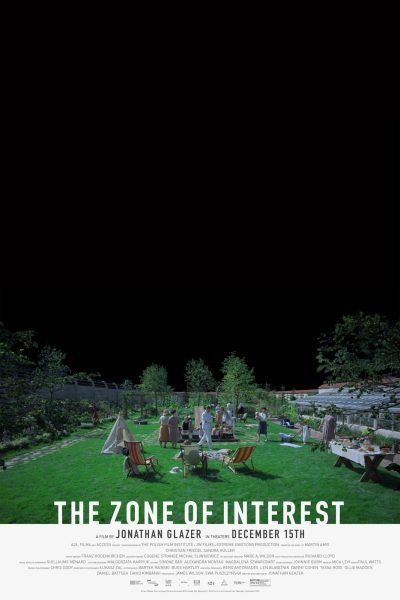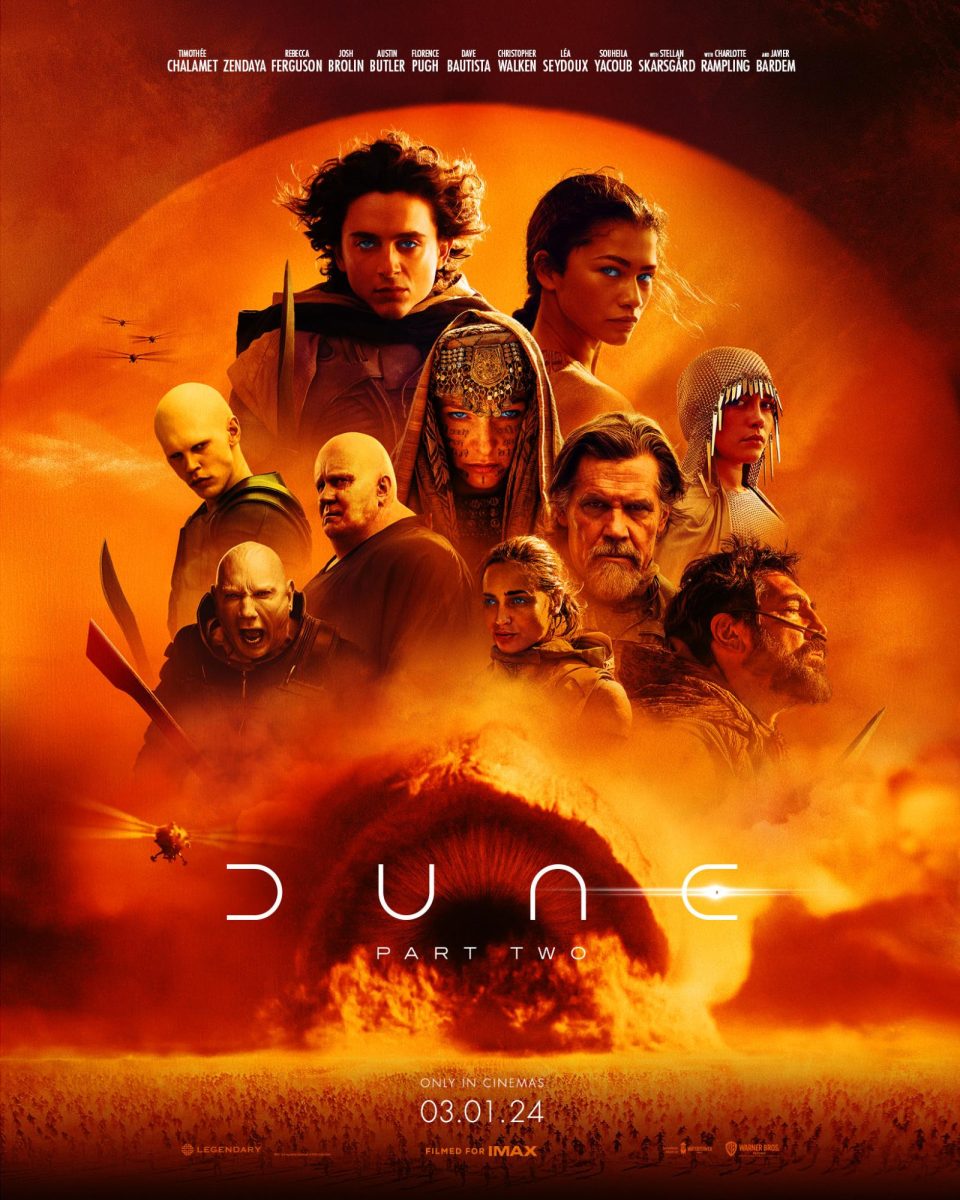
When legendary Austrian-German director Michael Haneke was asked during The Hollywood Reporter’s Oscar Roundtable if he would make a film about Adolf Hitler, he responded with a blunt “no.” He further elaborates, saying, “The idea of creating entertainment of [Hitler or the Holocaust] … is unspeakable,” implying that the only way you can depict such an atrocity is by going against the fundamental concept of cinema as a form of entertainment. With the historical drama “The Zone of Interest” (2023), loosely adapted from Martin Amis’ 2014 novel of the same name, director Jonathan Glazer appears to strongly agree with this sentiment, making an unforgettably singular experience that’s anything but entertaining.
Name any Holocaust film, whether that’s “Schindler’s List” (1993) or “Life Is Beautiful” (1997); chances are, the most morally repugnant genocide in recent history is told from the victim’s perspective. But what about a Holocaust film from the perpetrator’s point of view?
Some have tried, most have failed, and the reason many directors and screenwriters do not dare to venture into such territory is self-explanatory: the camera’s ability to empathize is a double-edged sword, and the last thing any filmmaker wants is for the audience to care about the perpetrator.
So, how exactly do you “virtuously” depict the Holocaust? For Glazer, the answer lies in the subversively avant-garde; he implies tragedy but never explicitly shows it. Dark clouds of smoke billow across the sterile blue sky, sporadic gunshots and audible screams pierce through the everyday ambiance and saturated beams of the incinerator’s fire cut through the night. It’s intensely unnerving, with images and sounds that maximize cinema’s features as an audiovisual medium while making your toes curl in the process.
Yet, for the most part, the film is wholly and intentionally unremarkable. It features a skeletal plot — a commandant of Auschwitz, played by Christian Friedel, and his wife, played by Sandra Hüller, strive to build a prosperous life as family tensions disrupt a seemingly never-ending state of contempt — but everything unfolds within a framework of banality. Barring some black-and-white infrared scenes, the washed-out, sterile shots of the digital camera and its minimalistic, slice-of-life snapshots — devoid of a conventional narrative structure — cleverly visualize a façade of triteness.
All this culminates into a formally one-of-a-kind film. I don’t think it’s an exaggeration to say “The Zone of Interest” stands out as possibly the most unorthodox, “anti-cinema” movie ever nominated for Best Picture at the Academy Awards — almost nothing traditionally “dramatic” happens.
Glazer’s extreme commitment to avoid any stylization bleeds everywhere in the film, even in the opening credits where every distribution and production company appears in plain, unanimated white pictures and text. It raises an interesting question: does this extreme anti-stylization inadvertently sabotage itself? Rejecting conventional cinematic techniques for “anti-cinema” creates a paradox, particularly when adopting a “still” style with no camera moves or close-ups creates tension, which is similar to how an anti-art movement like “No Wave” is technically still an art movement.
As a result, some critics, including Manohla Dargis of the New York Times, deemed the movie “a hollow, self-aggrandizing art-film exercise,” where Glazer’s attempts at authorless cinema hide a somewhat repetitive, not-so-revelatory message.
Richard Brody, a film critic for The New Yorker, describes the movie as “[something] which strains to be grimly earnest but plays like a meme.” However, I think the dissenting voices are missing the mark here. Their lives are “extraordinary and horrific,” as Brody says, but even if their lives are anything but, the family acts as if their lives are ordinary — that’s what makes the film work.
Watching this family confront the mundane challenges of school, work and marriage, much like any other family, doesn’t only function as an exemplification of “the banality of evil” — which has become an overused catchphrase to summarize the movie — but of apathy.
Whether we like to admit it, everyone goes about their day-to-day lives with that same sense of apathy toward the injustices around us. Glazer’s utter refusal to implement the close-up — cinema’s trump card of emotional manipulation — expertly elicits a sense of impersonal alienation. Simultaneously, however, the juxtaposing slice-of-life structure creates enough intimacy for viewers to find parallels between them and their characters, highlighting the worst aspects of the human condition, as unsettling as that may sound. They’re the epitome of moral depravity, yet they’re still human.
So, in a way, the perspective captured by “The Zone of Interest” transcends its label as a Holocaust film. It’s a period piece that strips away the typical period aesthetic, never comforting the audience with the impression of, “We’ve moved beyond this. I’m not like them,” because we haven’t moved past evil.


















